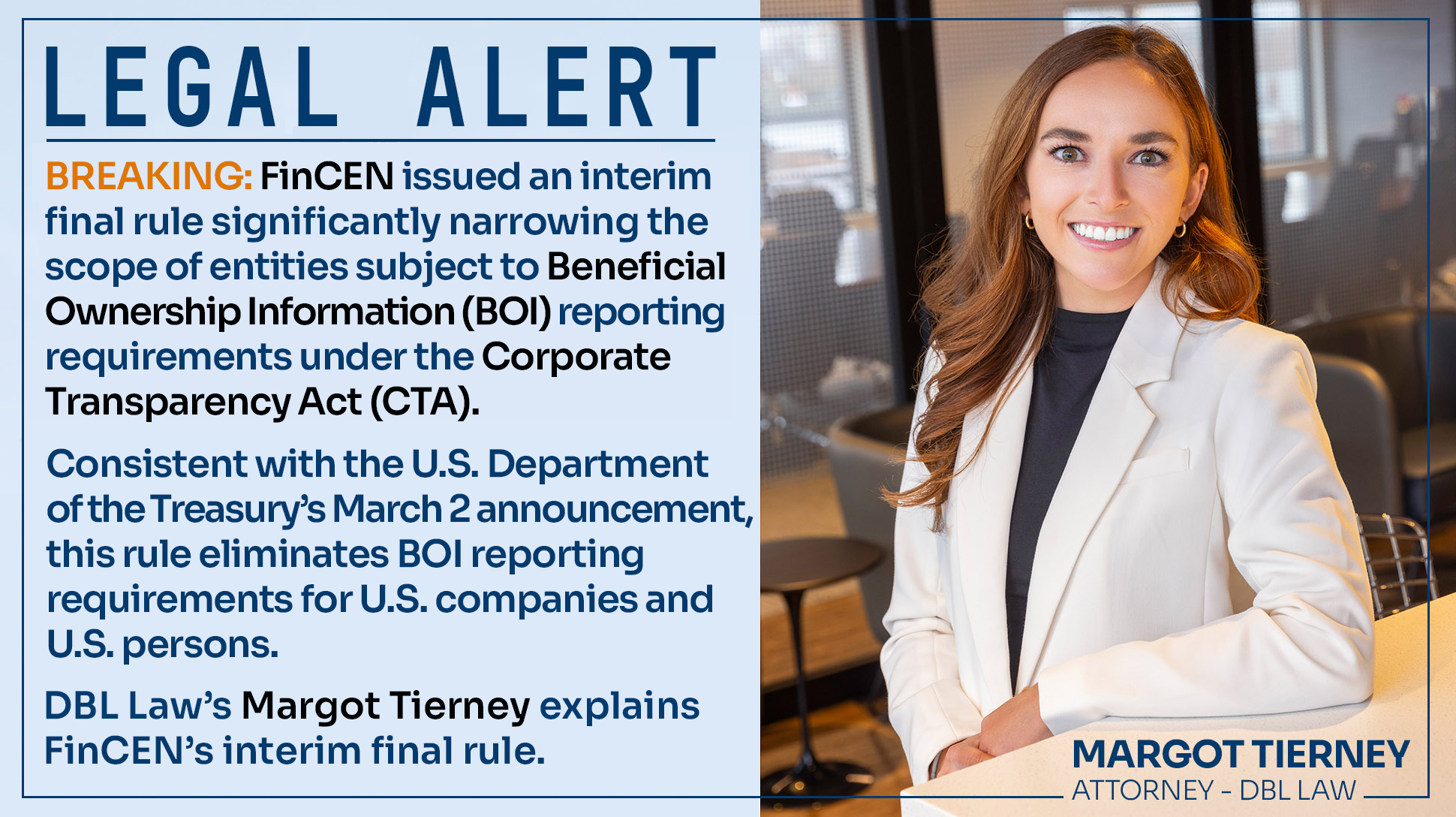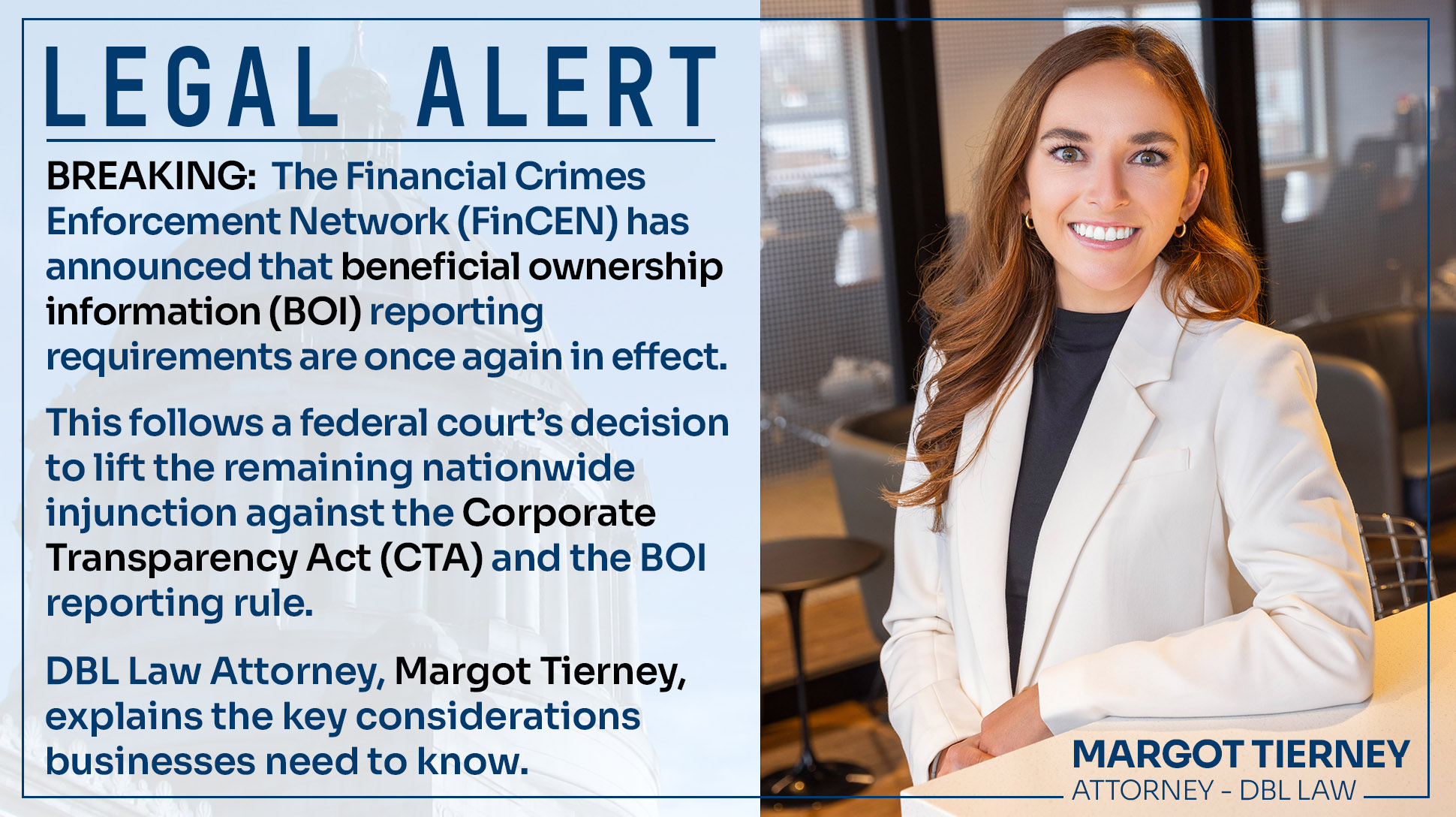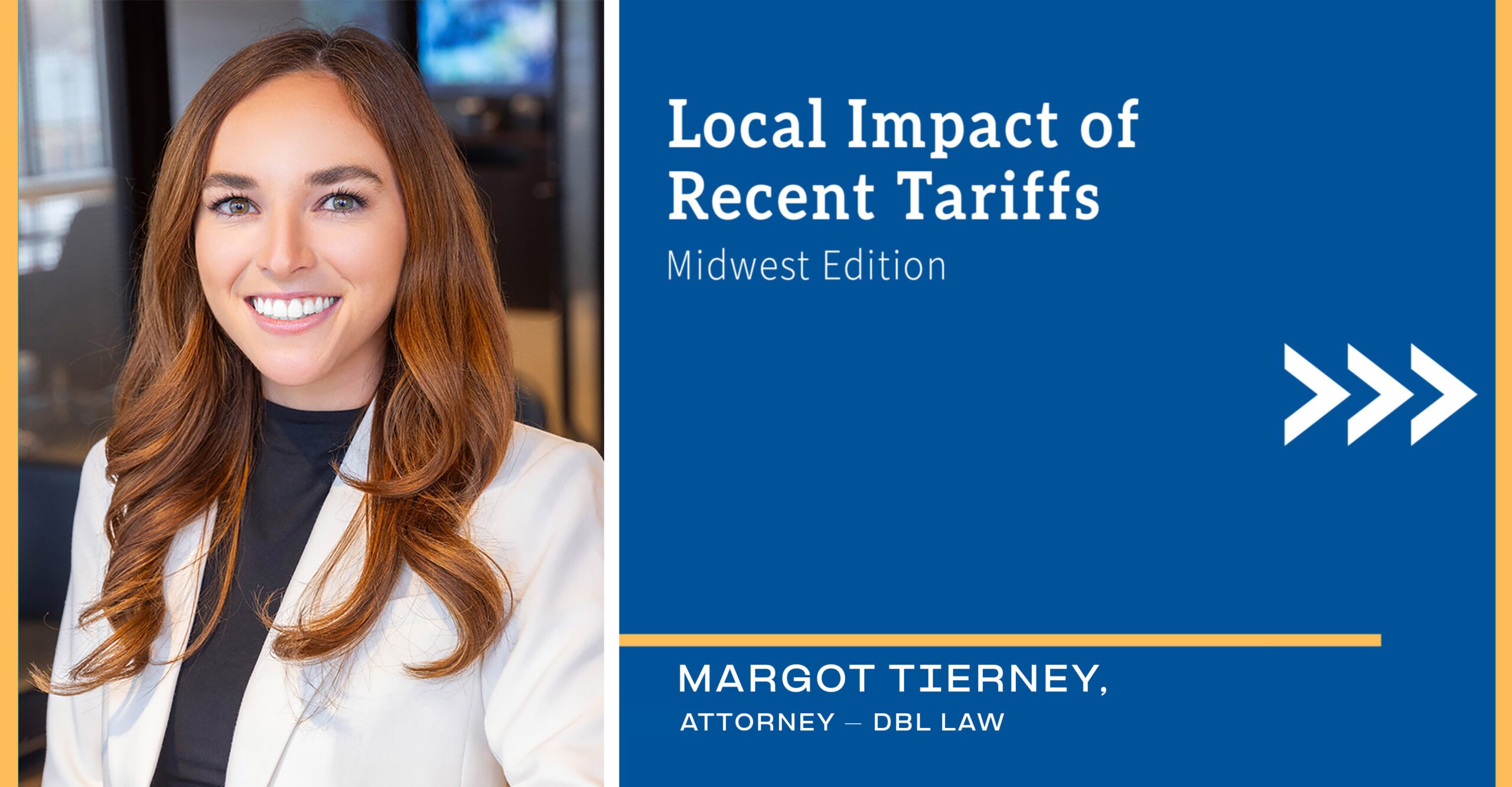Amid the early stages of the Corporate Transparency Act (the “CTA”) reporting requirements’ enforcement, the U.S. District Court for the Northern District of Alabama issued an opinion declaring the CTA unconstitutional.1 Under the CTA, most business entities are required to disclose personal information regarding their beneficial owners to the Financial Crimes Enforcement Network (“FinCEN”) through filing Beneficial Owner Information (“BOI”) reports in an attempt to better monitor and prevent financial crimes within the United States. Failure to make these initial disclosures, to offer truthful and accurate information, or to provide updated information about beneficial owners when needed, can result in serious fines and possible prison time. However, the Alabama court held that Congress exceeded its enumerated powers in enacting the CTA. Specifically, the court held that there is an insufficient nexus between Congress’s constitutional powers to (i) oversee foreign affairs and national security, (ii) regulate interstate commerce, and (iii) impose taxes and the regulatory initiative of the CTA.
Following this ruling, FinCEN released a statement providing that it will honor the holding of the Alabama court, but it will only stay enforcement of the CTA reporting requirements against the specific plaintiffs of the case – Isaac Winkles and the approximately 65,000 members of the National Small Business Association.2 While 65,000 businesses is not a trivial sum, this figure only represents 0.1-0.2% of the small businesses and their owners required to report under the CTA (“Reporting Companies”). For now, all other Reporting Companies are still required to report information regarding their beneficial owners to FinCEN. Therefore, Reporting Companies formed prior to January 1, 2024 are required to file their BOI reports by January 1, 2025. Reporting Companies formed between January 1, 2024 and December 31, 2024 are still required to file BOI reports with FinCEN within 90 days of formation, and Reporting Companies formed on January 1, 2025 and after are required to file BOI reports within 30 days of the entity’s formation. More information regarding reporting requirements for Reporting Companies can be found here.
The Alabama ruling is likely just the beginning of litigation that will arise surrounding the CTA and its reporting requirements. The Treasury is expected to appeal the district court’s decision to the Eleventh Circuit Court of Appeals and will seek a stay on the district court’s decision while that appeal is pending. Further, the plaintiffs’ success in Alabama will likely inspire similar lawsuits in sister jurisdictions. If other jurisdictions reach differing results, a jurisdictional split will ensue, setting up an opportunity to appeal the issue of the CTA’s constitutionality to the United States Supreme Court.
Despite the uncertainty surrounding the future of the CTA, Reporting Companies should continue to comply with the CTA’s reporting requirements while also continuing to pay attention to the developing litigation related to the enforcement and constitutionality of the CTA.
- Nat’l Small Bus. United v. Janet Yellen, Case No. 5:22-cv-1448-LCB ↩︎
- Notice Regarding National Small Business United v. Yellen, No. 5:22-cv-01448 (N.D. Ala.) | FinCEN.gov ↩︎





